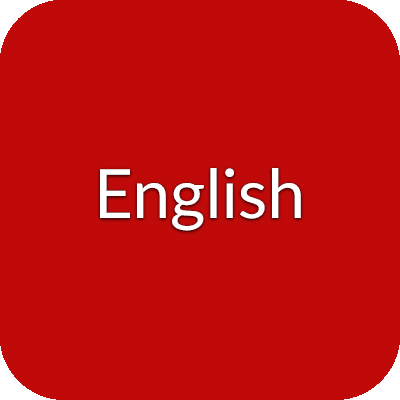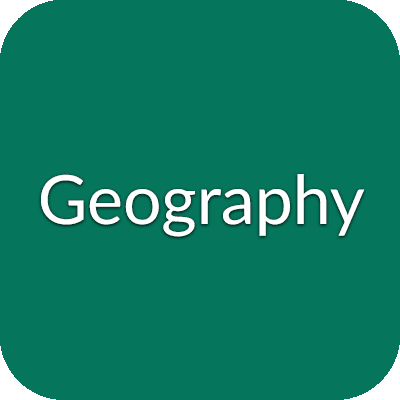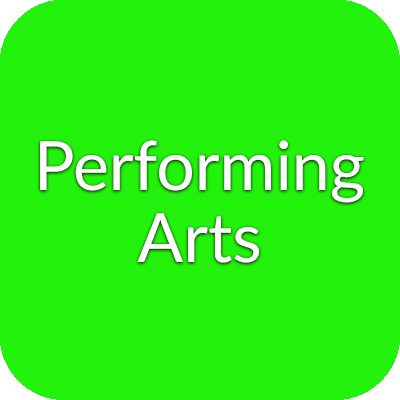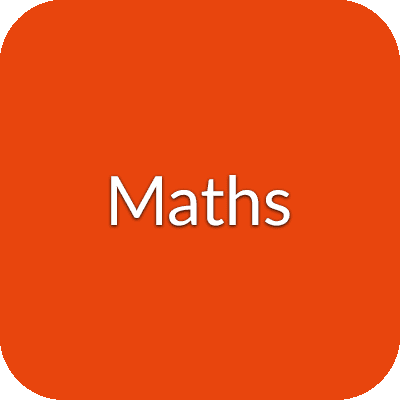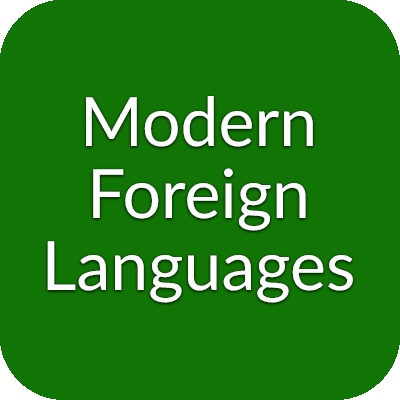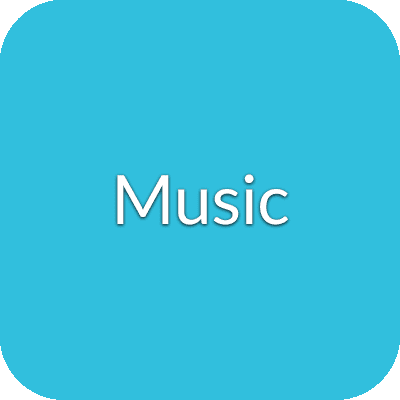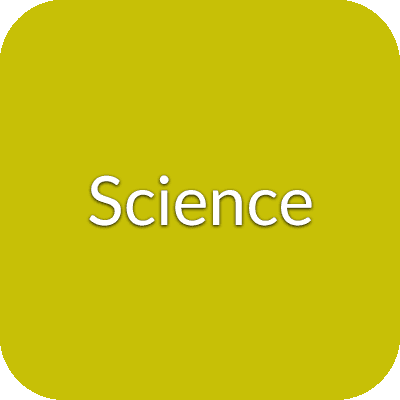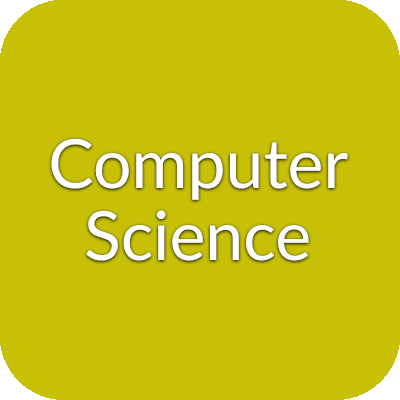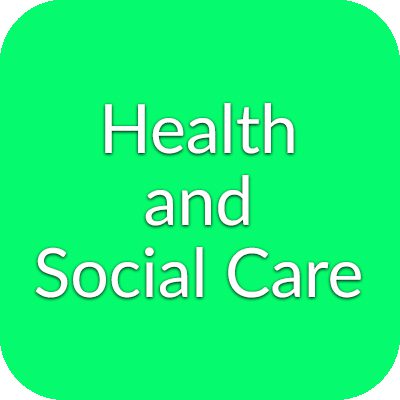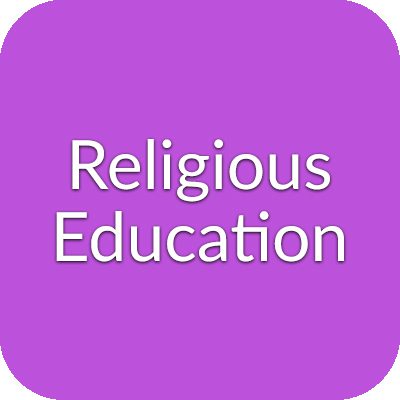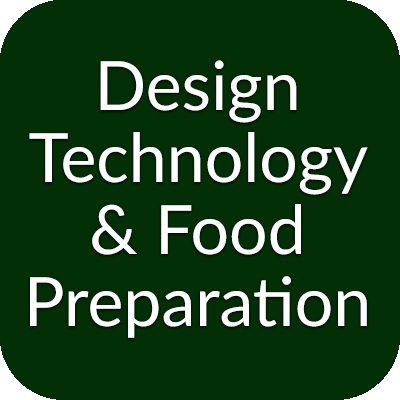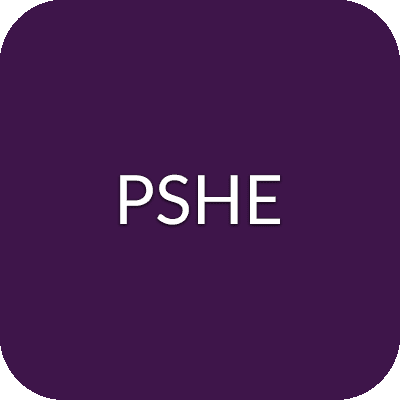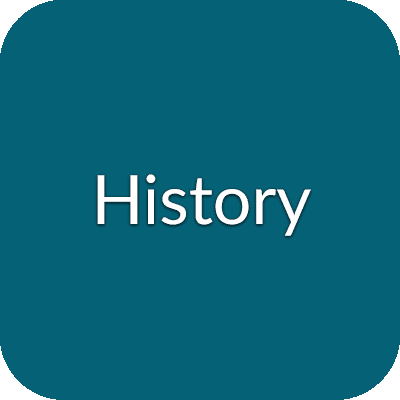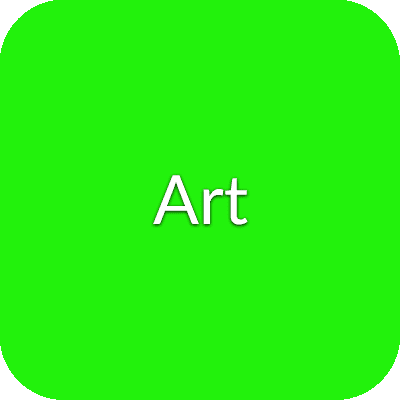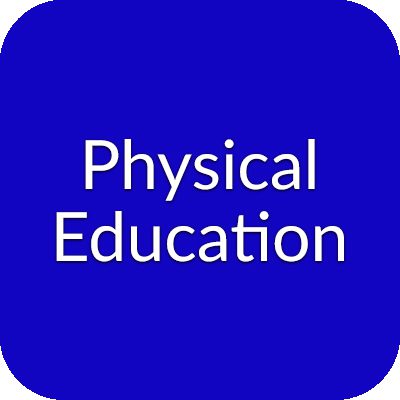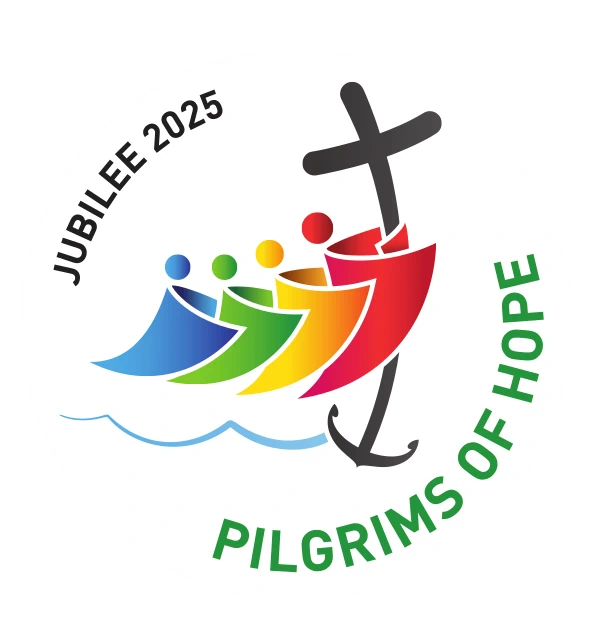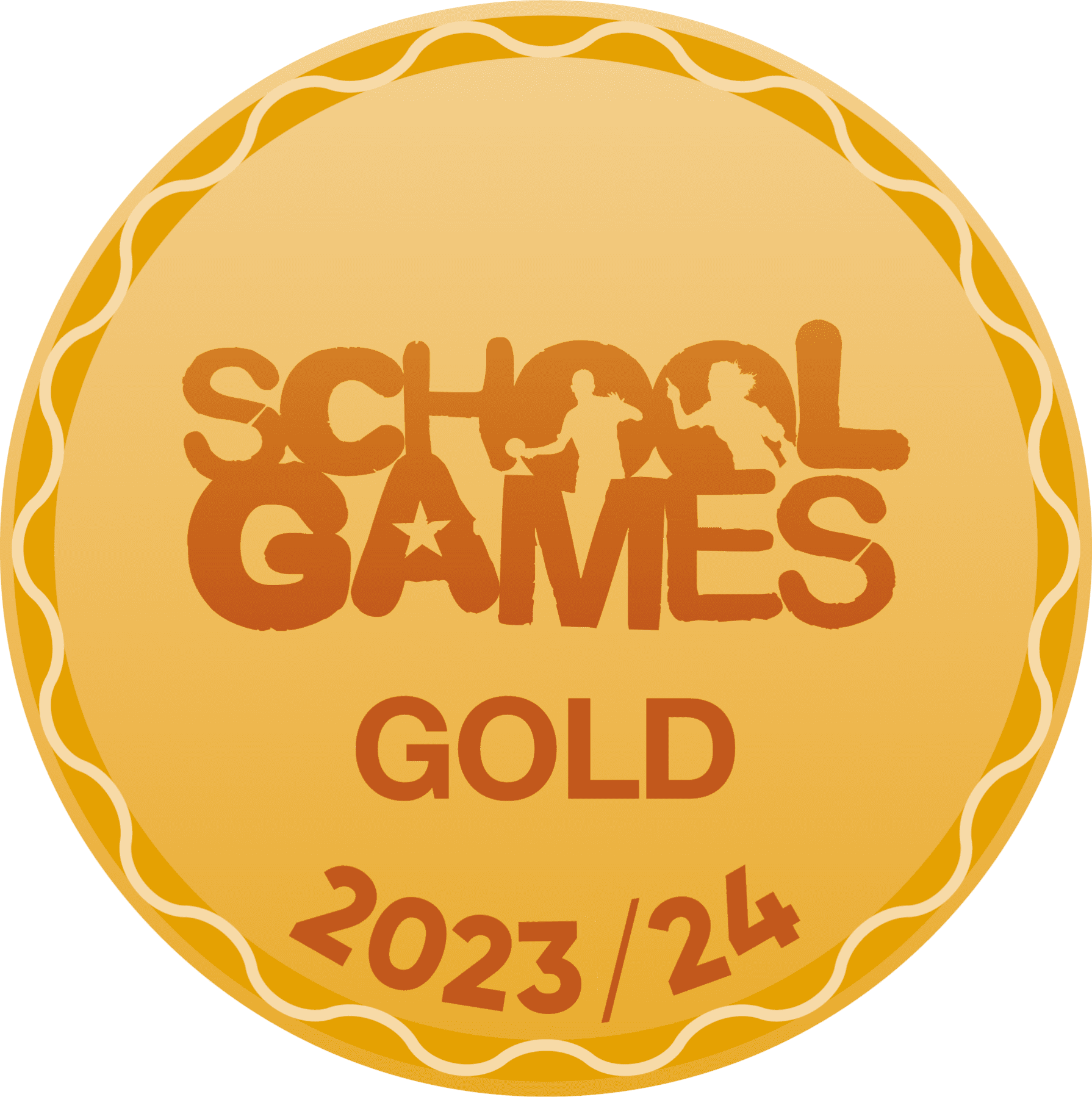Revision Materials GCSE English
English Department
Miss M Elliot: Head of Department
Mrs A Worley
Mr O Mattison
Mrs J Keeler
In English, we support students to develop a passion for Language and Literature through the study of texts which differ in genres, eras, themes and levels of complexity.
We develop students’ reading for pleasure, creativity, articulacy and self-expression.
We develop functional literacy skills for life.
We empower students with cultural awareness and experience.
English is at the core of all learning and students will transfer these skills across the curriculum.
Departmental Curriculum
The English curriculum has been carefully mapped to ensure that students are appropriately challenged at all levels. Students are offered opportunities to engage in a variety of sophisticated topics, thought-provoking texts and developmental skills which are stimulating for students’ age and ability.
Across the different Key Stages, students build on prior learning and knowledge as new concepts are introduced and they develop heightened skills required for GCSEs in both Language and Literature. Throughout their learning journey, Literacy and communicative skills are prioritised, along with the development of cultural and social understanding so that students
are fully prepared for all aspects of their life-long learning journey.
In Year 7, students study topics such as:
Positivity and Growth in short stories; Injustice and Fear in longer fiction (narrative reading and writing); Current Issues in non-fiction reading and writing and Relationships in Shakespearean and modern play-scripts/ transcripts. Such topics include the following texts: ‘Woman in Black’, ‘Miss Peregrine’s Home for Peculiar Children’, ‘Dracula’, ‘Frankenstein’, ‘The Red Room’, ‘A Midsummer Night’s Dream’ and ‘The Tempest’.
Throughout the first term, Students will learn about the different narrative structures and perspectives when reading their class novel. They will then move to studying non-fiction structures and how to apply their knowledge of vocabulary, grammar and structures to craft their own piece of non-fiction writing. In their final term of Year 7 they use their Shakespeare set text to decipher the differences between spoken and written language as well as having the opportunity to perform their own retelling of Shakespeare.
In Year 8, students study topics such as:
Innocence and Adventure through fictional narrative reading and writing; Conflict in Literature; Conflict in ‘Macbeth’ and ‘Conflict’ Poetry and finally, Culture and diversity through World Literature and the news. Such topics include the following texts: ‘Jane Eyre’, ‘Great Expectations’, ‘Lord of the Flies’, ‘Oliver Twist’, ‘Of Mice and Men’ as well as modern and literary heritage poetry on the theme of conflict. The first novel students study in Year 8 builds on those studied in Year 7 introducing more sophisticated conventions and increasingly complex grammatical structures. This prepares the students for studying their second Shakespeare play at St Philip Howard: ‘Macbeth’. ‘Macbeth’ again builds on their study of a previous Shakespeare play allowing the students to be introduced to complex dramatic and literary devices and supporting them to understand how dramatists communicate through performance, enabling Students to make critical comparisons between plays. Poetry on the theme of Conflict is also interwoven throughout key scenes to link ideas and conventions, building an understanding of context in contemporary and literary heritage texts. The final topic in Year 8 builds on the initial study of Non-Fiction and encourages students to explore Current Issues in the world today, prompting them to develop viewpoints on wider cultural, social, historical and moral topics.
In Year 9, students study topics such as:
Victorian Virtues in the study of ‘A Christmas Carol’ and non-fiction fiction/ literary non-fiction excerpts from the Victorian era. In this term, Year 9 the students are encouraged to understand the relationships between contextual factors and authorial intent and how this influenced readers. Through this topic, Students begin to become aware of an increasingly wider range of vocabulary and grammar for reading and how this can be applied to their own writing. Romantic relationships are studied through ‘Romeo and Juliet’ and Love Poetry and the Students are encouraged to consider varied interpretations, becoming more widely read, mature readers. Finally in Year 9, Edwardian and World War views and perspectives are explored through ‘Animal Farm’ and non-fiction writing to present a viewpoint. This develops the students’ understanding of the literary timeline and they are able to begin to put together their own contextual timeline of cultural and literary events starting from the Elizabethan era right through to modern day and, in British texts through to ones about the Soviet Union (in the study of ‘Animal Farm’).
In Years 10 and 11, Students become more confident in their application of skills and study GCSE texts. At St Philip Howard, we study the AQA Specification for both Language and Literature.
In Literature, Students engage in: Modern British drama- ‘An Inspector Calls’; the Relationships anthology of Poetry and the pre-1914 British novella, ‘Dr Jekyll and Mr Hyde’.
In Language, Students enhance their skills in the ‘…Exploration of Creative Reading and Writing’ and the study and application of ‘Writer’s Viewpoints and Perspectives’.
Across both key stages, students explore social, moral, cultural and historical aspects of the subject and develop the essential key skills that will enable them to become exploratory independent learners. We are committed to ensuring that students can access all areas of the curriculum successfully and, therefore, experience an enhanced love of learning.
Mr M Taylor: Head of Department
Miss Slater
Miss Duffy
Mr J Cook
Departmental Curriculum
The curriculum at St Phillip Howard is an aspirational scheme of learning which allows all students to access the full breadth of content covered at GCSE and transfer their mathematical skills to other areas of the curriculum and real life.
In mathematics we use the Edexcel Higher and OCR Foundation specifications to examine our students and prepare them for their next steps in their learning journey. There are two tiers of entry for students at GCSE in mathematics, Foundation and Higher. Therefore, to best equip students to succeed we differentiate our curriculum post Y9 to allow concentrated study on Foundation or Higher work.
Students will be supported in their classroom learning with the use of half termly assessments supported by Topic Tests to ensure that they are learning the curriculum correctly. Students will then receive in-depth feedback from their classroom teachers and have an opportunity to address their misconceptions with the use of DIRTs (Dedicated Improvement and Reflection Time)
Students will also have access to the state-of-the-art learning platform Century to complete their homework. This allows students to consolidate their learning and have early exposure to topics that will be covered by their classroom teachers. Students are expected to complete 2+ “nuggets” of learning per week at https://www.century.tech/. Parents can also see their student’s homework via the VLE and ask any questions here.
Science Department
Mrs J. Birkitt/Miss K. Knowles: Heads of Department
Teaching staff:
Mrs E McGill
Mr G Fitton
Mrs L Ward: Senior Technician
Mrs S Ashworth: Technician
Overview of the main skills and knowledge:
To have captured the individual’s interest in science by developing the ability to:
• understand and plan for their own health and lifestyle
• have knowledge of scientific careers alongside practical workplace skills
understand how to make a positive impact on the world
• develop a level of scientific knowledge and conceptual understanding
• develop understanding of the nature, processes and methods involved in science to be able to begin to understand the world around them
• apply observational, practical, modelling, enquiry and problem-solving skills in different environments
• evaluate claims based on scientific discovery through a process of critical analysis
• understand the world around us has provided the solutions to a huge number of problems but it has also led to a host of unanswered questions and unknowns
• recognise that theories can develop and change over time
realise that big questions can be answered by looking at smaller questions and developing links between them
Skills:
Be able to select and handle equipment confidently and safely
Develop their own ideas which can be supported through their understanding and knowledge
Explain some theories that explain phenomena
Evaluate models and theories
Recall and apply quantitative relationships
Present, interpret and evaluate experimental data
Develop a deeper understanding of everyday experiences including the natural world and modern devices
Overarching blocks of knowledge:
The particle model and how it explains structures and properties of materials as well as the transfer of energy
Atomic structure and how it leads to ideas of properties and chemical reactions as well as ideas of electricity
The cell model and how it can be used to explain life processes
Forces and their effects on a wide range of materials and objects
Religious Studies at St Philip Howard
“Dear young people, do not bury your talent, the gifts that God has given you: Do not be
afraid to dream of great things “(Pope Francis)
At St Philip Howard, our Religious Studies curriculum is designed to cultivate a deep
understanding and appreciation of the Catholic faith, its teachings, and its place in the
world. We aim to inspire students and encourage a sense of community, compassion,
and service.
Our vision is to nurture knowledgeable, compassionate individuals who are equipped to
engage with the world through Catholic values. We seek to empower our students to be
ethical leaders and thoughtful contributors to society, grounded in a strong moral
foundation.
Intent
o Provide a comprehensive understanding of Catholic beliefs, sacraments,
liturgy, and moral teachings.
o Explore the richness of Catholic tradition and Catholic social teaching.
o Guide students in developing a well-formed conscience based on
Catholic moral teaching.
o Discuss contemporary ethical issues in the light of Catholic teaching,
fostering the ability to make moral decisions.
o Instil a commitment to service and social justice, inspired by the Gospel
message and Catholic social teaching.
o Promote respect and understanding of other faith traditions.
o Encourage students to appreciate the common values shared among
different religious traditions.
o Encourage critical thinking and intellectual engagement with questions of
faith, theology, and philosophy.
Key Stage 3:
At Key Stage 3, we have introduced the new Religious Studies Directory for Catholic
Schools, “To Know You More Clearly.” This curriculum framework is fully implemented in
Years 7 and 8, and partially integrated into Year 9. It encourages students to understand
key religious concepts, the life and mission of Jesus Christ and the significance of the
Church and to explore scripture, traditions, and the moral teachings of the Church.
Students are also encouraged to discern the deeper meanings behind religious Studies
teachings and are challenged to apply their understanding and discernment to real-life
situations.
Key Stage 4:
At Key Stage 4, we follow the EDUQAS Route B specification, focusing on Catholic
Christianity and Judaism. This curriculum allows students to delve deeper into the core
beliefs, practices, and ethical teachings of these two major world religions. The
EDUQAS Route B course challenges students to critically engage with religious
concepts, understand different perspectives, and apply their learning to contemporary
moral issues. By studying Catholic Christianity alongside Judaism, students gain a
broader understanding of religious diversity and the shared values that underpin a life of
faith.
Our Team
Ms C Neves- Head of Religious Studies and Associate Assistant Headteacher
Miss A Jackson- Teacher of Religious Studies
Miss D Clarke- Teacher of Religious Studies and PE
Mrs P Barber- Teacher of Religious Studies and English
Mrs A Worley- Teacher of Religious Studies and English
Design and Technology Department
Mr C. Greenwood
Mrs G Whalley: Technology Technician
Food Preparation Department
Miss Y Egwuonwu
Mrs J Farriker – Food Technician
Departmental Curriculum
All pupils in Years 7 and 8 study both Design Technology and Food Preparation for two periods a week, for two terms. Throughout Year 7 we discover Design and Technology and Food Preparation in a practical way. We learn how to work safely and independently within both a workshop and a kitchen whilst making products by manipulating a range of materials. We experiment with a wide range of processes and use equipment, hand tools and machines to help with manufacturing. In Year 8 we build on these skills to make more complex products in preparation for GCSE and BTEC options in these subjects. Pupils have a choice of opting for GCSE Food Preparation and Nutrition or OCR Cambridge National in Engineering Manufacture if they want to continue their studies in this curriculum area. The department is based in a recently renovated area of the school and pupils have the opportunity to use a range of tools and equipment.
Key Stage 4
GCSE Food Preparation and Nutrition is taught from Year 9 giving students more time to develop their skills and knowledge within the subject. Students plan, prepare and cook a variety of dishes whilst studying
Food commodities
Principles of nutrition
Diet and good health
The science of food
Where food comes form
Cooking and food preparation
In year 11 students complete a scientific experiment (15%), a practical food preparation assessment (35%) and a written exam (50%)
Extra-curricular
The after school cooking club is offered to year 8 until Easter and year 7 in the summer term
Revision Guides for Food Preparation
GCSE Food Preparation and Nutrition for WJEC Eduqas (Grade 9-1) The Revision Guide
CGP
ISBN 9781782946526
GCSE Food Preparation and Nutrition for WJEC Eduqas (Grade 9-1) The Sample Workbook
CGP
ISBN 9781782946533
OCR Cambridge National in Engineering Manufacture
Year 9 Key areas:
Design and make assignments
Health and safety
Use of equipment
Year 10
OCR Cambridge National in Engineering Manufacture
Component 1: Exploring Engineering Sectors and Design Applications
This is an internally assessed range of assignments.
Component 2: Investigating an Engineering Project
This is an internally assessed range of assignments.
Year 11
Component 3: Responding to an Engineering Brief
There is one external assessment, Component 3, it provides the main synoptic assessment for the qualification. Component 3 builds directly on Components 1 and 2, and enables learning to be brought together and related to a real-life situation.
Revision Guide for OCR Cambridge National in Engineering Manufacture, Cambridge University Press.
ISBN: 978-1009121910
Pearson Education
1446902439
Mrs S. Davies
Miss V Garcia
The Modern Foreign Languages Department is an integral part of St Philip Howard’s broad and balanced curriculum offering pupils the chance to learn Spanish. We aim to engage, challenge and inspire our pupils to understand other countries and cultures so that they can be more open and adaptable to new experiences; ensuring that our teaching contains an element of culture from not only Spain, but the wider Hispanic world. MFL teaching at St Philip Howard is interactive, challenging and enables students to become resilient, independent and confident communicators, which are invaluable skills that they will need throughout their school careers and beyond. Ultimately, we want our pupils to develop a love of Spanish, and endeavour to achieve this by nurturing linguistic talent and an intrinsic motivation to explore and respect other cultures and people.
Departmental Curriculum
Year 7
In Year 7, students will begin to learn Spanish and French. The focus of the year is to introduce the language via the topics: Introductions and Basics, My family, In the School, At Home, A Spanish/French city and Hobbies.
Students will learn grammatical structures in the perfect past, present and simple future tenses, how to form justified opinions in each of the aforementioned topics as well as the culture of Spain/France and Latin America/Francophone countries such as European Day of Languages, Día de los Muertos, Día de los Reyes, Semana Santa, La Fêtes des Rois and Paris Fashion Week.
Pupils will be assessed in the four main skills of languages: listening, speaking, reading and writing.
Year 8
In Year 8, students will continue to learn Spanish and French. The focus of the year is to extend the language covered in Year 7 through new topics: In the City, Fashion, Holidays, Food & Drinks, Bullfighting/French Festivals and Spanish Civil War/French Revolution.
Students will consolidate grammatical structures in the past, present and future tenses, extend and vary justified opinions in each of the aforementioned topics as well as learning more about the culture of Spain and Latin America such as European Day of Languages, Día de los Muertos, Día de los Reyes, Tapas Culture/French Delicacies, Nice and Paris Fashion Week.
Pupils will be assessed in the four main skills of languages: listening, speaking, reading and writing.
Year 9
In Year 9, students who have opted for Spanish/French will increase their learning hours from 4-5 per week. The focus of the year is to further develop existing language skills and learn what is required for KS4. Pupils will recap KS3 topics such as Introductions, Family, Hobbies in much greater detail as well as being introduced to topics on Technology, Hispanic/Francophone Customs and Festivals.
Students will consolidate and extend grammatical structures in the past (Perfect/[Preterite/Imperfect), present (Regular/Irregular/Continuous), future tenses (Simple/Future/Conditional), extend and vary justified opinions in each of the aforementioned topics as well as learning new linguistic techniques such as Idioms and Subjunctives.
Pupils will be assessed in the four main skills of languages: listening, speaking, reading and writing.
Years 10-11
At Key Stage 4, all pupils will study AQA Spanish at GCSE. Pupils will be trained to give well developed responses in both spoken and written situations, incorporating all varieties of present, past and future tenses. They will learn how to articulate their opinions as well as understanding and retorting to opinions of others. Pupils will cover a broad range of topics to give them an excellent knowledge vocabulary and grammar.
The new specification features the main four skills (listening, speaking, reading and writing) count for 25% each of a pupil’s overall GCSE grade. All assessments will be completed towards the end of Year 11. The specification covers 3 distinct themes, all of which include sub-themes:
1. Identity and Culture (Me, my family and friends; Technology in everyday life; Free-time activities; Customs and festivals in Spanish-speaking countries/communities)
2. Local, national, international and global areas of interest (Home, town, neighbourhood and region; Social issues; Global issues; Travel and tourism)
3. Current and future study and employment (My studies; Life at school/college; Education post-16; Jobs, career choices and ambitions)
“The quality of teaching, learning and assessment in MFL has improved. A much greater proportion of pupils study and are set to be successful in this subject.”
– Ofsted Report, 2018
Mr J. Doughty: Head of Department
Departmental Curriculum
The Music curriculum has been mapped to ensure students are studying and experiencing all aspects of a creative subject. They are encouraged to develop their musical skills alongside their social, moral, spiritual and cultural skills. In Year 7 and Year 8, pupils have access to music for two terms of the school year.
From Year 7, students are taught music through the three key areas of studying music: appraising, composing and performing. They are also introduced to the key elements of music (dynamics, rhythm, pitch, instruments, tempo, texture, structure). As they progress through Key Stages, these three areas become more challenging and sophisticated.
In Year 7, students develop their skills in the three key areas through the following topics: Introduction to DR PITTS and Morning Music Compositions, Form and Structure, Instruments of the Orchestra and Music and Space.
In Year 8, study topics such as: Jazz and Blues, Theme and Variation, Film Music and Musicals.
In Year 9, students develop their appraising, composing and performing skills further through learning about the conventions of Popular Music and Classical Music, added to learning about music from around the world and different professions. The Year 9 curriculum has been designed to promote and develop creativity and expression, with students being introduced to music software in the process.
In Years 10 and 11, pupils push their skills developed over KS3 to new heights through appraising set works and genres in Western Classical Tradition, Ensemble Performance, Film Music and Popular Music. They also develop skills through composing both freely and to a brief and performing challenging pieces on their chosen instrument.
Mr G Ainsworth: Head of Department
Miss R. Roberts
Mr C Greenwood
Miss D Clarke
Departmental Curriculum
At St Philip Howard Catholic Voluntary Aided Academy, Physical Education has a unique contribution to make to the overall development of our pupils in terms of personal, social and physical attributes.
The concept of ‘Sport for All’ is very important to us and through a diverse sporting curriculum we aim to give all pupil this opportunity. If pupils choose to retain a creative attitude, then we have succeeded outside our parameters, but essentially the immediate provision, opportunity and esteem is there to be grasped in the fullness and freedom of our curriculum and extra-curricular programmes.
The revised extra-curricular programme incorporates coaches from Glossop Table Tennis Club, Glossop Rugby Club as well as links with many other local Sporting Clubs.PE contributes to the overall education of our young people by helping them to lead full and valuable lives through engaging in purposeful activity.Alongside our curriculum we aim to develop various life skills in our students such as self-esteem, positive attitudes, being a good role model, social cohesion, independent learning, sportsmanship and problem solving.
Pupils have two hours of core PE a week in which they will participate in a broad and varied curriculum that encompasses six areas of study:
The six key areas of study are:
Exploring & Communication, Street Dance and Contemporary Dance.
Outwitting Opponents Football, Netball, Rugby, Tennis, Short Tennis, Basketball, Badminton and Hockey
Identifying & Solving Problems Orienteering and Problem Solving
Exercise Safely & Effective Jogging, Aerobics, Spinning, Boxercise, Weight Training and Circuit Training
Performing at Maximum Levels Cross Country and Athletics
Accurate Replication Gymnastics and Trampolining
By the end of the academic year all pupils from year eight will have experienced each key area of study. This will have provided our pupils with a broad and balanced curriculum that will allow each pupil to achieve in their strongest area. Each area links with our AQA GCSE PE course therefore providing pupils with underpinning knowledge of the content to be taught at key stage four along with sporting activities that will be used as part of the practical assessment.
Mrs L Kernohan: Head of Department
Mr S World
Departmental Curriculum
KS3
In Year 7 Geography lessons students cover Geography skills, Tectonic plates, the causes and impact of flooding and drought and tourism. This is followed in Year 8 with the study of the economic world, extreme weather, coastlines and population growth. In Year 9 pupils will continue to consolidate their Geography skills through the study of natural hazards, coast and rivers and the living word.
KS4
At KS4 pupils follow the AQA Geography GCSE course building on their studies from Year 9. They study three core areas from year 10 to year 11. Students who have opted for Geography study three core areas, living with the physical environment, challenges on the human environment and geographical applications involving a field work study. Aspects covered include natural hazards, physical landscapes in the UK, the living world, urbanization, the economic world and resource management.
Revision Guides for GCSE
GCSE AQA Geography for the Grade 9-1 Course
Provided by CPG books
ISBN 978172946106
Mrs L. Kernohan: Head of Department
Departmental Curriculum
KS3
In Year 7 History lessons students cover History skills, the Medieval Realms, the Tudors and the Stuarts and The Native American Indians. In Year 8 the focus moves to the modern era with the study of the Industrial Revolution, World War One and World War Two. In Year 9 pupils begin a breadth studylooking at the development of medicine and public health from 1000 Ad to the Modern day. This thematic study links to KS4 learning and eqips pupils with core GCSE skills.
KS4
In KS4 pupils follow the AQA History syllabus. The course covers 4 key components; a thematic study of Britain Health and the people linked to KS3, a German History depth study 1870-1945, a British depth study on Elizabethan England and an international study on Conflict and Tension from 1919-1939.
Extra-Curricular
The faculty also takes a KS4 trip to Poland to support and consolidate learning centred around the persecution within the Nazi regime. This trip involves visiting Auschwitz concentration camp and meeting a Holocaust survivor at the Galicia Jewish museum in Krakow.
Revision Guides for GCSE
CGP GCSE AQA History The Revision Guide
ISBN 9781782946045
Mr Bailey: Head of Department
Departmental Curriculum
At St Philip Howard the Computer Science curriculum has been sensibly planned to enable all pupils to be challenged and given the opportunity to learn and explore a wide variety of Computer Science and ICT related topics.
The skills developed from the start of KS3 are planned to be built upon through the year groups as they progress through to KS4. The various topics devised are intended to encourage students to have a love for technology and inspire them to use computer science and ICT skills across the whole curriculum in the school.
The department is in an exciting period and the forward thinking planning and delivery is having a big impact on how pupils engage in the subject.
Year 7
During the first year pupils will learn a variety of topics from both Computer Science and ICT. It’s very important that that pupils coming into the school are giving the opportunity to develop their basic ICT skills and also gain an understanding of computer science. The pupils will learn a variety of topics to embedded the fundamental skills they will need later in the subject.
The topics they will cover are:
1. IT Basic Skills, VLE Training and E-Safety
2. Binary – Level 1
3. Introduction to Spreadsheets
4. Graphical programming
5. Text based programming – Level 1
Year 8
In year 8 the pupils build on the foundational skills that they developed in year 7. They will progress the programming and coding skills and also improve their understanding of computer maths; through advanced binary and hexadecimal. They will leave year 8 enhancing their spreadsheets skills and then learning how to manage a project to develop and IT system.
The topics they will cover are:
1. Text based programming level 2
2. Binary and Hexadecimal
3. Introduction to Computer Systems
4. Spreadsheets
5. Project
Year 9
During year 9 pupils are exposed to a wide variety of topics that are engaging and challenging for all levels. This year allow pupils to build upon the skills and knowledge developed at KS3, whilst also preparing them for what is to be expected at GCSE. This is a hugely important year for the pupils, it allows them to build confidence in areas of the subject that are demanding. Topics and lessons are planned carefully to ensure that a love for learning is evident in the classroom, thus giving the pupils belief as they move into the start of the GCSE in year 10.
The topics covered in this year are as follows:
1. Computer Systems
2. Theoretical Programming
3. Data Representation & Computational Logic
4. Practical Programming
5. Programming Projects
GCSE
The OCR Computer Science (1-9) GCSE is taught from year 10 to year 11 and is a brilliant opportunity for pupils to thoroughly learn and develop in a challenging and exciting subject.
From Year 10 onwards the pupils start to get thoroughly prepared for their exams and practical work and start to be thoroughly assessed in all areas of the course so that the pupils are in the best possible position when they reach their exams in year 11.
The course is broken down as follows:
Component 1 – Computer Systems
1. Computer Systems
2. Networks
3. Issue in Computer Science
Component 2 – Computational Thinking, Algorithms and Programming
1. Algorithms
2. Programming
3. Design, Testing and IDE’s
4. Data Representation and Computational Thinking
Mrs E.McGill
Departmental Curriculum
The Level 2 BTEC Tech Award in Health and Social Care gives learners the chance to develop sector specific knowledge and skills in a practical learning environment. The course covers three components entitled Human Lifespan Development, Health and Social Care Services and Values, and Health and Wellbeing. The first two components are assessed through internally marked assignments which are subject to external verification. The third component is assessed through an externally marked examination that pupils have to pass to gain the qualification.
Pupils at SPH study the BTEC Tech Award Level 1/2 in Health and Social Care
The course is made up of three components: two internally assessed and one that is externally assessed. The three-block structure, ‘explore, develop and apply’, has been developed to allow students to build on and embed their knowledge. This allows them to grow in confidence and then put into practice what they have learned.
Component 1 Human Lifespan Development
During Component 1, our students will:
• explore how individuals develop physically, emotionally, socially and intellectually over time
• investigate how various factors, events and choices impact individuals’ growth and development
• discover how people adapt to life events and cope with making changes.
Component 2 Health and Social Care Services and Values
During Component 2, our students will:
• learn which health and social care services are available
• identify why people might need to use these services
• discover who’s involved in providing these services
• explore what might stop people from accessing the services they need
• look at the care values the sector has to make sure people get the care and protection they need.
Component 3 Health and Wellbeing
To achieve this aim, your students will:
• learn what ‘being healthy’ means to different people
• explore the different factors that might influence health and wellbeing
• identify key health indicators and how to interpret them
• assess an individual’s health using what they’ve learned
• create a health and wellbeing improvement plan for that person, which includes targets and recommendations of support services available
• reflect on the potential challenges the person may face when putting the plan into action.
Pupils In Year 10 and 11 are involved with the Gratitude Club in the annual Summer Cream Tea Event during which pupils provide afternoon tea for members of the local church community to say thank you for their efforts throughout the year.
Mrs M Dean: Head of Department
Mr A Agboke
Departmental Curriculum
We aim to promote understanding of theatre as an art form
· To enable students to use dramatic forms.
· To raise awareness and appreciation of theatre from different cultures.
· To familiarise students with the body of knowledge, principles and vocabulary related to this art form.
· To raise awareness of the functions of dramatic form.
· To learn and develop understanding of how to control the form through a variety of dramatic conventions.
· To feel confident enough to experiment with the art form.
· To raise awareness of the place of theatre within the context of other art forms.
To develop students’ interpersonal skills (through group work)
· self-confidence
· communication
· cooperation and collaboration
· communication
· consideration
· creativity
To develop students’ expressive skills. These include:
· imagination
· creativity
· presentation
· working independently and with others.
To enhance a specific group of study skills
The study skills could be cross-curricular and supportive of other subjects. They would involve:
· observation
· research (including the use of ICT)
· concentration
· evaluation (both orally and in writing)
· structured writing of various kinds
· reflecting critically on the quality of their work and refining it, with the support of teachers and peers.
In years 7 and 8 we start with Serious Fun in drama; where we learn through drama games the need to be still and focused whilst developing our concentration, co-operation, communication skills, consideration for others as well as developing our ability to express ourselves creatively. We look at a variety of themes, issue based drama, scripted work and we research practically the history of the arts.
In year 9 we begin our journey to follow the arts through a vocational pathway; researching a variety of theatre practitioners past and present. Throughout year 9 the students follow a variety of mini-briefs working as if they were part of a professional theatre company.
In years 10 and 11 we continue along the vocational pathway working towards a BTEC Tech level 1/2 award in performing arts. Over the two years the students research a variety of theatrical styles and theatre practitioners as well as developing their own drama skills as performers, directors and members of a creative ensemble.
Throughout their time at #TEAMSPH the students will have the opportunity to enrich their lives with cultural performing arts opportunities within school, within their local communities, regionally and nationally.
Mrs M Dean: Head of Department
Departmental Curriculum
Students are taught how to develop their creative ideas through a curriculum that a broad and balanced. Students are given opportunities to develop a critical understanding of artists, architects and designers, expressing reasoned judgements that can inform their own work.
Students explore a range of materials, processes and techniques increasing their proficiency in the handling of different materials that link to the given theme. Students are shown how to analyse and evaluate their own work, in order to strengthen the visual impact or applications of their final pieces.
Year 7 students will:
Develop a critical understanding of artists, architects and designers to inform their own work. Students will be taught how to use a range of techniques to record their observations when creating self-portraits and researching marine life. Students will have the opportunity to use a range of techniques and media, including painting when researching the artist Hundertwasser and weaving when learning about colour. Students will analyse and evaluate their own work and the work of others to improve the visual impact and applications of their own art work.
Year 8 students will:
Continue to develop a range of skills to support their development within the subject. Students will create drawings of their local landscapes, paintings of natural forms and animal drawings to be developed into 3D objects.
Year 9 students will:
Be taught a scheme of work that remains broad, giving students the opportunity to investigate and explore their intentions, with a number of practical outcomes. Students will learn about the formal elements and artists that link to the theme of Prayer. Skills will continue to developed as students are given the opportunity to explore a range of materials, processes and techniques to form purposeful investigations.
Years 10 and 11 students study and revise the following:
Three areas of study. Starting with Patterns moving on to Text in Art. The third element is the external set exam towards the end of year 11. The exam covers a selection of outcomes that students can select from.
Skills-based approach
The AQA specification has been designed to allow students to develop knowledge and understanding during the course through a variety of learning experiences and approaches, including engagement with sources. This will allow them to develop the skills to explore, create and communicate their own ideas. Students will demonstrate these skills through the development, refinement, recording, realisation and presentation of their ideas through a portfolio and by responding to an externally set assignment.


